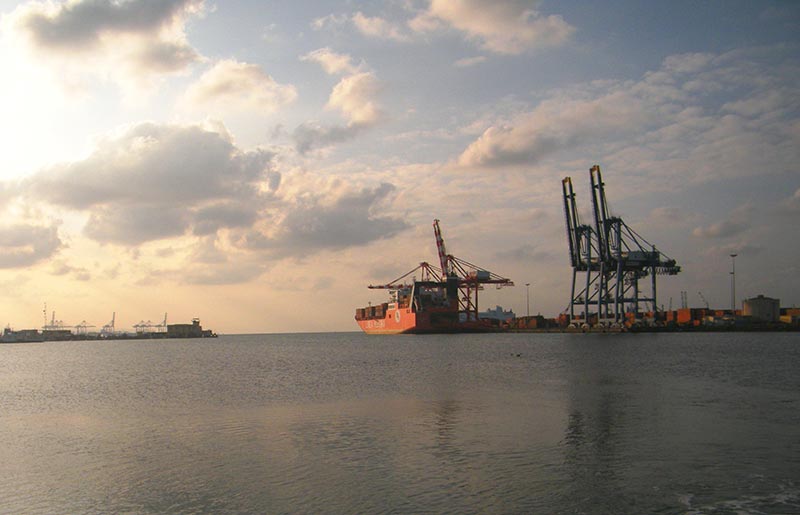
How to choose the right proxycustoms clearanceThe company?
In the context of international trade in 2025, the following key factors should be prioritized when selecting a customs clearance agency:
- 24. Qualification certification:Verify the customs declaration enterprise qualifications filed with the General Administration of Customs (can be verified through the Single Window system).
- 22. Industry experience:Priority should be given to agencies with experience in handling the same category of goods.
- For mechanical equipment, special equipment filing qualifications should be noted.
- Chemical products require hazardous materials transportation certification.
- Information capability:After the full implementation of electronic customs declaration in 2025, agencies will be required to have EDI data integration capabilities.
- Emergency handling:Check whether the company has AEO certification, which can facilitate higher customs clearance efficiency during cargo inspections.
Export customs clearanceWhat core documents need to be prepared?
Under the 2025 new version of customs declaration form submission requirements, enterprises need to prepare:
- Basic documents:Commercial Invoice (must indicate the 2025 version HS CODE), Packing List, Foreign Trade Contract
- Special certificates:
- Food products must provide the latest FDA hygiene certificate.
- Electronic products must comply with the EU's CE Marking 2.0 standard, which comes into effect in 2025.
- Transport documents:Shipping requires preparation of an electronic bill of lading (SWB) and VGM declaration.
What items are included in freight forwarding service fees?
Typical cost composition for international freight in 2025:
- Basic costs:
- Ocean freight (including latest Low Sulphur Fuel Surcharge LSF)
- Terminal Handling Charges (THC) are calculated based on the latest port tariff schedule.
- Additional costs :
- EU Carbon Border Adjustment Mechanism (CBAM) Pre-Declaration Service Fee (Mandatory Implementation in 2025)
- Electronic Document Processing Fee (EDI Transmission Fee)
- Unexpected expenses:Container Demurrage Fee (Note: New Regulations at Destination Port Apply)
How to Avoid Common Risks in the Customs Declaration Process?
According to the risk control requirements of the General Administration of Customs for 2025:
- Commodity classification:It is recommended to utilize the customs pre-classification service, especially for products involving EU CPC certification.
- Price declaration:Prepare complete pricing documentation to address transfer pricing audits.
- Origin management:Exports under the RCEP Agreement require standardized formats for origin declarations.
- Timing of Control:Pay close attention to the latest closing times at major ports (e.g., Shanghai Port has implemented a 72-hour smart pre-declaration system).
What are the special considerations for exports to emerging markets?
For key markets to be developed in 2025:
- African market:New version ECTN electronic cargo tracking note is required.
- Middle East market:Strictly implement the new SASO certification regulations (including energy efficiency labeling requirements)
- Southeast Asian markets:The ASEAN Tariff Integration System (ATIS) has been launched, requiring accurate declaration of transshipment information.
- South American market:Brazil's newly introduced import electronic license (LI) requires an application to be submitted 30 days in advance.


 Follow Customer Service WeChat
Follow Customer Service WeChat